Madagascar
Madagascar’s presidential election on Wednesday has been described as critical for the Indian Ocean island nation that has been rocked by a political crisis since April.
With 35 candidates vying to unseat incumbent president, Hery Rajaonarimampianina, the stakes are further raised by the fact that three ex-presidents and three former prime ministers are also on the ballot.
As part of our coverage of the process in our Africa Elections slot online, Africanews presents ten top facts as relates to the elections.
Madagascar presidential polls: Here’s everything you need to know#1 – Tenth presidential election
Wednesday’s election is the tenth presidential poll in Madagascar since 1965, and the second since the 2009 coup that isolated the country from the international community.
#2 – A record 36 candidates
While the 2013 presidential polls attracted a record 33 candidates, this has been surpassed by the 36 who were approved by the High Constitutional Court to contest in the 2018 polls.
#3 – Presidents, prime ministers and stars
The candidates contesting for presidency include three former presidents of Madagascar, ex-prime ministers, pastors and a popular musician.
The ex-presidents are Marc Ravalomanana (2002-2009), Andry Rajoelina (2009-2013) and Didier Ratsiraka (1975-1993 and 1997-2002).
#4 – Frontrunners
President Rajaonarimampianina and his two predecessors are the frontrunners in the presidential race, according to observers and a September opinion poll that was banned from publication but a copy of which was obtained by AFP.
The survey, commissioned by the German Friedrich Ebert Foundation, gave Rajoelina 25% of votes, Ravalomanana 17% and 4% for Rajaonarimampianina.
#5 – Campaign financing
With no laws capping campaign financing, analysts have predicted that results of the first round of voting will be hugely influenced by cash and resources.
Some candidates have indeed expressed concern that former presidents and ministers have substantial resources that prevent a level playing field.
READ MORE: Madagascar Presidential candidates express concern over finance#6 – Possibility of a second round
To secure an outright victory in the presidential election, a candidate needs to secure an absolute majority (50% plus one vote) in the first round.
A run-off vote has been scheduled for December 19, in case none of the candidates secures a first round win.
#7 – Electoral Commission vs High Constitutional Court
The National Independent Electoral Commission (CENI) conducts and supervises electoral operations, while the High Constitutional Court (HCC) verifies and announces election results.
Disputes involving electoral operations and charges against electoral officials or other parties are made to the HCC within 20 days after election day.
#8 – Election results
The CENI publishes and forwards provisional results to the HCC, which has up to 45 days to verify the count and proclaim the final results.
#9 – Election issues
With an extreme poverty rate of 76.2%, many of the 10 million Malagasy voters will be rooting for a candidate that can deliver basic amenities of life like access to water and electricity and job opportunities.
#10 – Political instability
Since April, the opposition has led anti-government protests calling for the resignation of president Rajaonarimampianina, over controversial electoral laws.
Beyond that, Madagascar is still struggling to recover from negative consequences of a disputed 2001 election and 2009 coup, led by Rajoelina.
Madagascar's presidential hopefuls hold final campaigns https://t.co/qedwCOtLkc
— africanews (@africanews) 4 novembre 2018



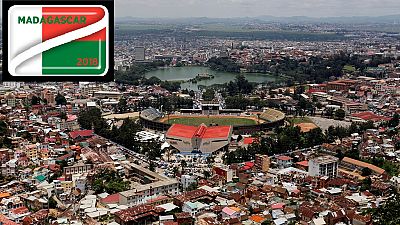

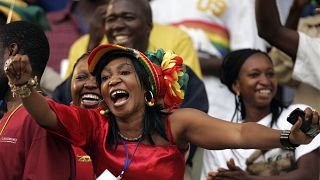
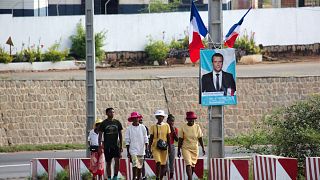
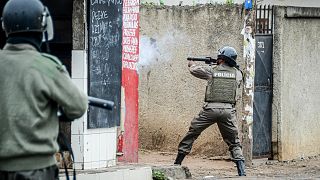
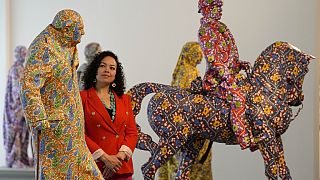

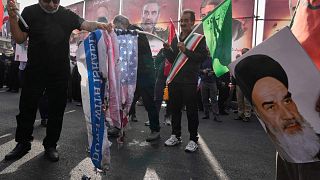

Go to video
Togo suspends French state-owned broadcasters RFI and France 24
Go to video
Protesters gather in Ivory Coast, demand Thiam's return on electoral list
02:13
Cameroon: Police, opposition supporters clash as election looms
01:44
For Yemeni-Americans, Trump's travel bans cause worry and uncertainty
01:25
Burundi awaits results of local and parliamentary elections
Go to video
Chad detains former prime minister Masra after deadly clashes